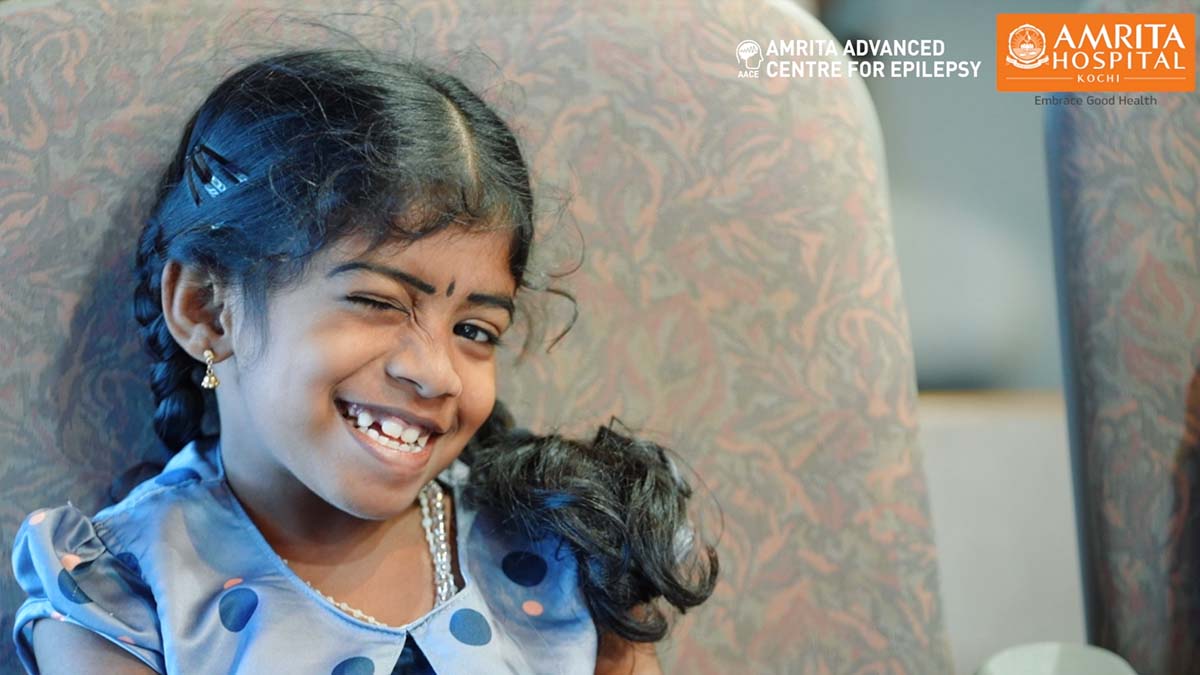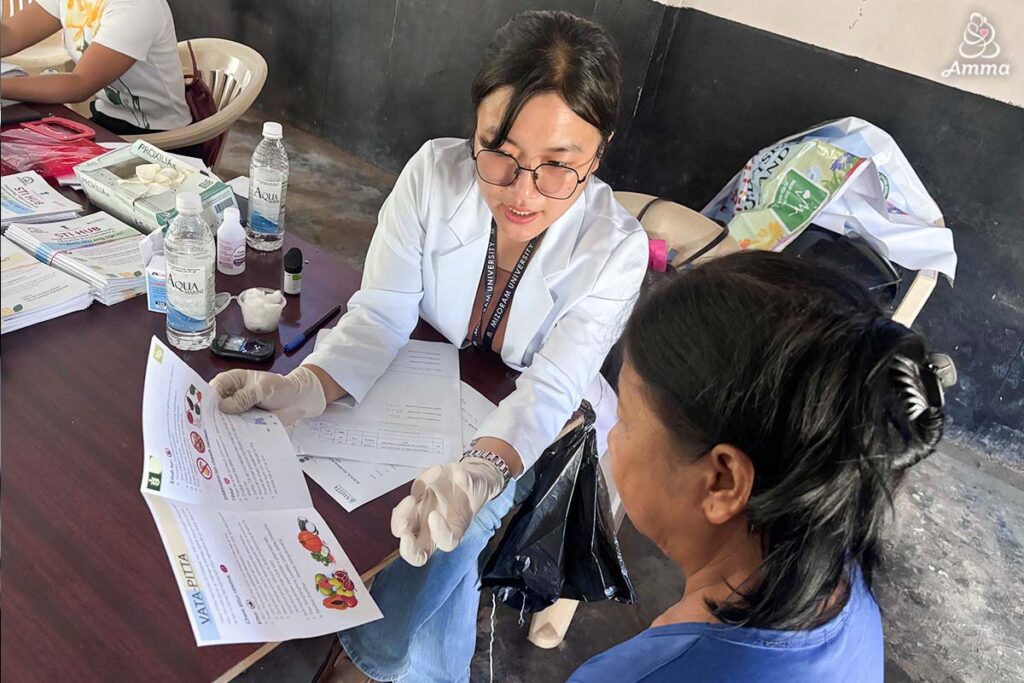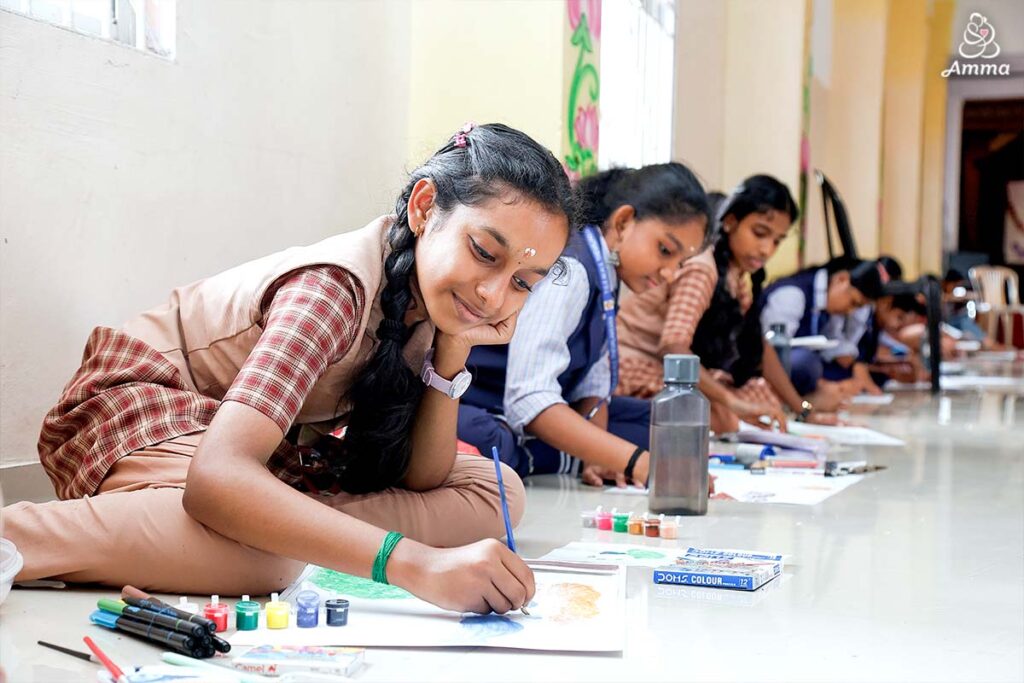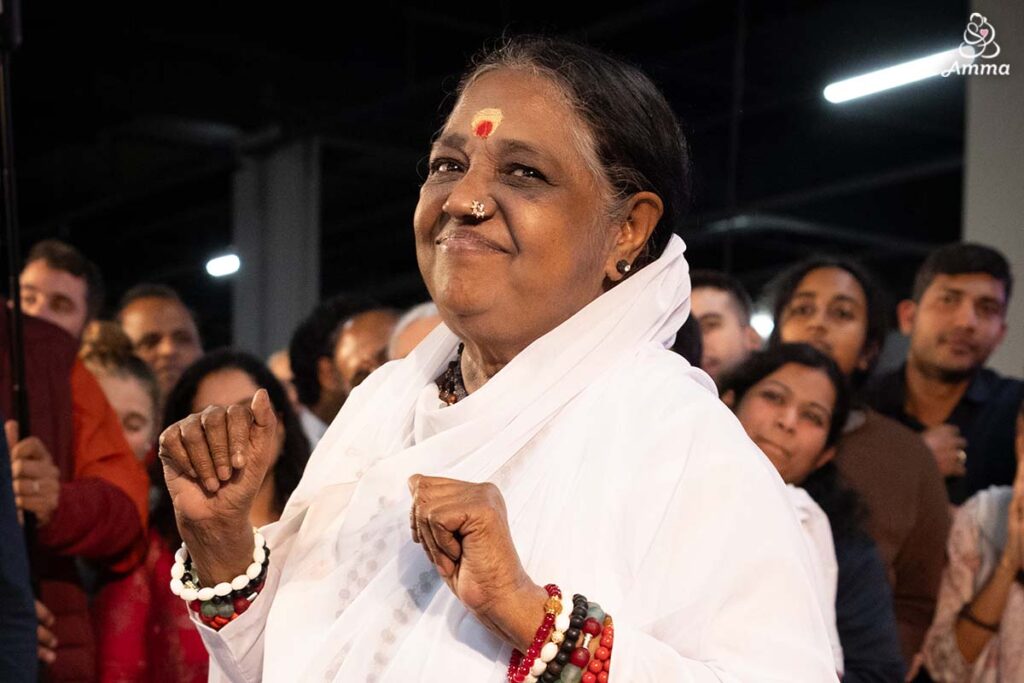On the occasion of International Epilepsy Day, Amrita Hospital, Kochi celebrated a significant milestone: the completion of 1000 transformative epilepsy surgeries at the Amrita Advanced Centre for Epilepsy (AACE). Each surgery signifies a profound step forward in the journey of healing and hope for individuals battling epilepsy.
In addition to surgical milestones, Actor-Director Anoop Menon unveiled the Epilepsy Identity Card, aimed at enhancing patient safety and awareness. He also launched the Amrita Epilepsy Facebook Community for patients and their families, providing essential support and information to those affected by the condition.
Reflecting on the hospital’s surgical achievements, Anoop Menon expressed profound gratitude, stating, “A thousand epilepsy surgeries are no mean feat. I go back richer having heard the patients and their families share their stories.”
This sentiment echoed in the words of Swami Purnamritananda Puri, stressing the impact of each surgery on the lives of patients and their families.
The journey of AACE is spearheaded by Dr Ashok Pillai, a neurosurgeon who is known worldwide not only for his advanced skills, but for also having been a patient. His successful surgery ended his seizures and instilled in him a compassion for his patients grounded in that experience.
“Had I not suffered from epilepsy firsthand, I would not be an epilepsy surgeon today. It taught me many things about how much it restricts your life and how much the condition is misunderstood by others,” shared Dr Pillai.
“It made me discover that the number of people with epilepsy who do not receive adequate diagnosis and treatment is huge. It is far more than many other conditions of the brain.”
Established in 2010, AACE runs state-of-the-art facilities like Robotic Stereo EEG and minimally invasive epilepsy surgery. As well, all routine forms of epilepsy surgery are performed in high volume including resections, disconnections, and deep brain stimulation. AACE has become an internationally renowned hub for its innovative treatment, with patients arriving from all South Asian countries, the Middle East, and Africa.
“To date, only three other centres in India have completed 1000 epilepsy surgeries. Of these, more than 250 of our patients are from abroad and half of them are from other regions of the country, spanning from Kashmir to Tamil Nadu and from Gujarat to Assam,” said Dr Siby Gopinath, a chief epileptologist with AACE.
“In standard epilepsy surgeries, such as temporal lobe surgery and hemispherotomy, 85-90% have become free of their seizures at AACE. In the most difficult cases of MRI-negative epilepsies, we have been able to render 60-65% of the patients free of seizures.”
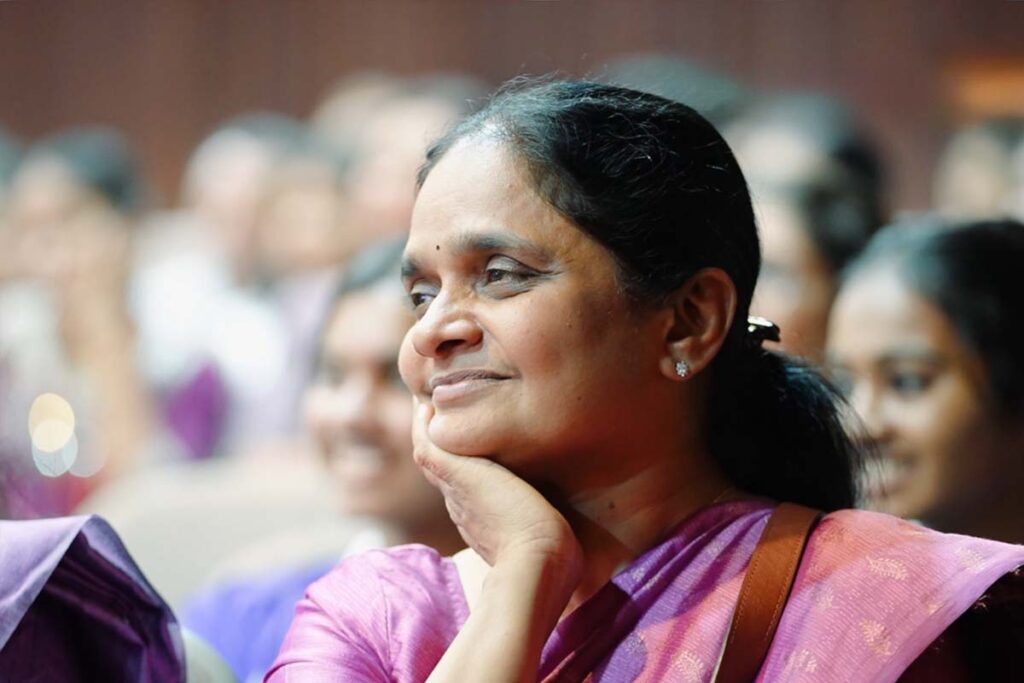
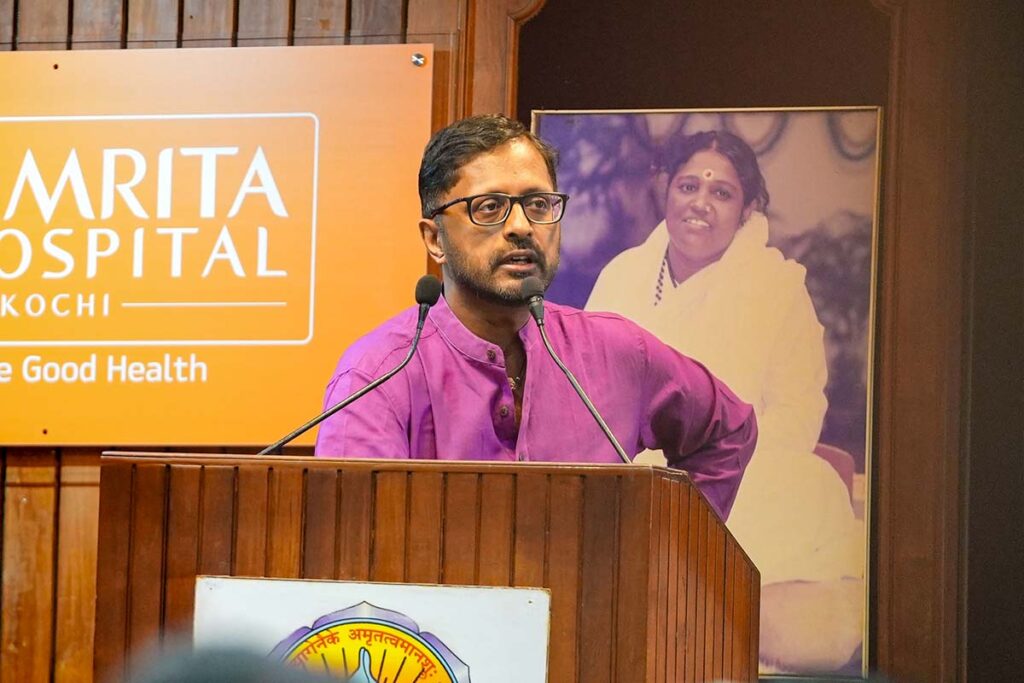
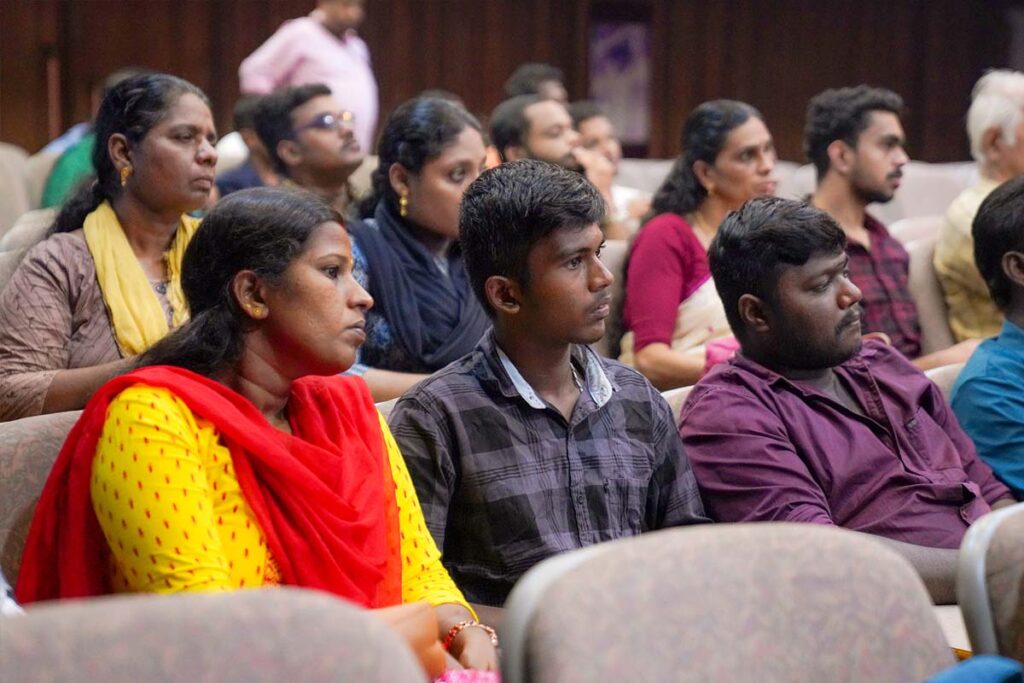
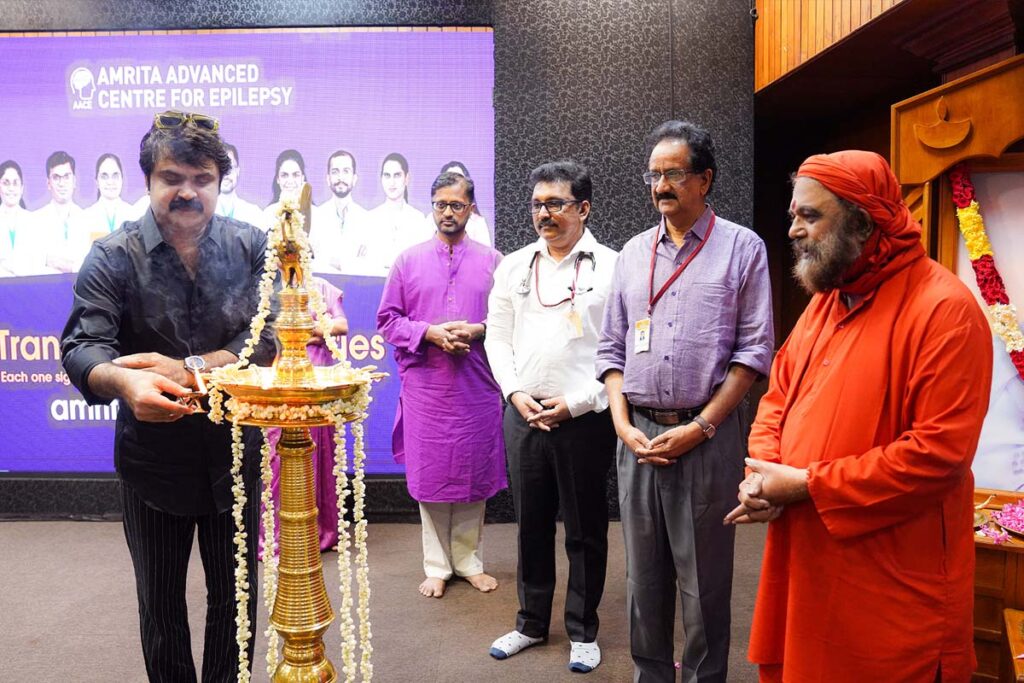
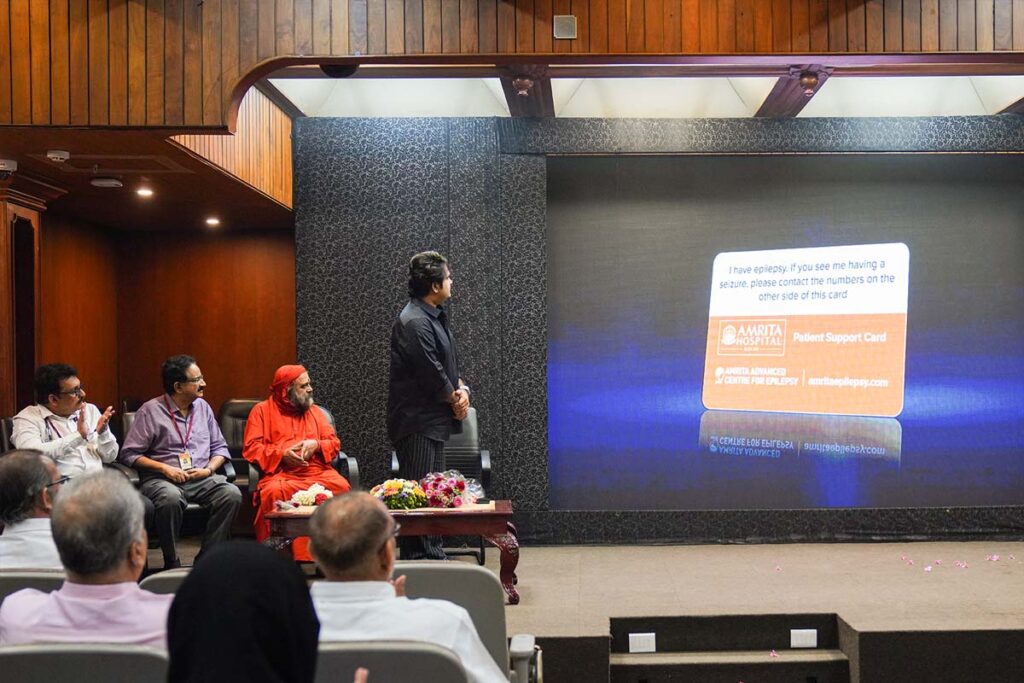
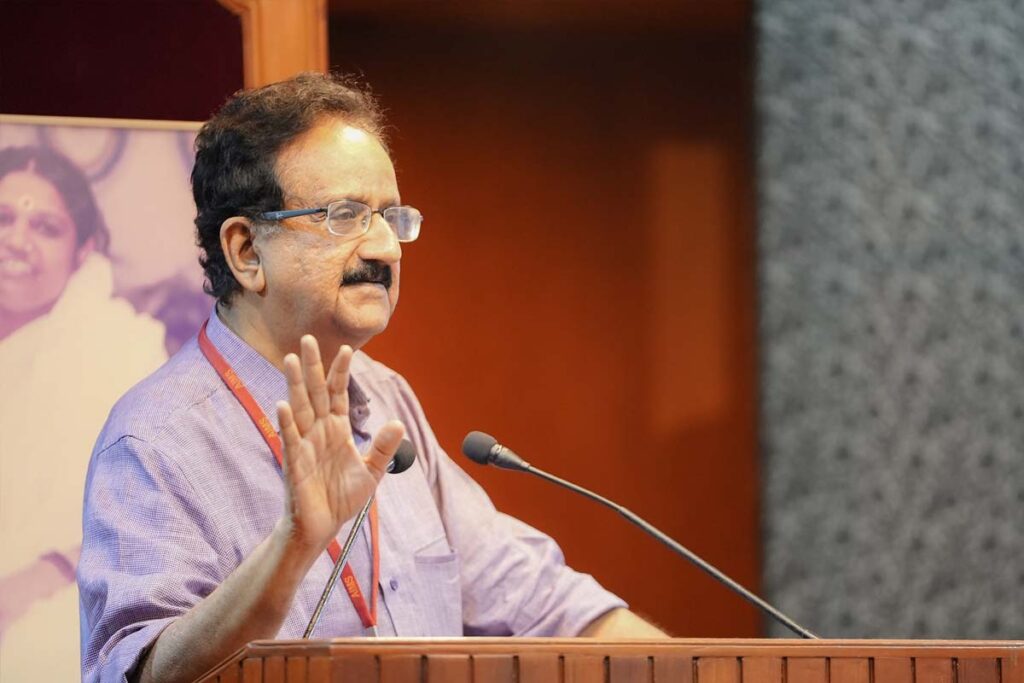
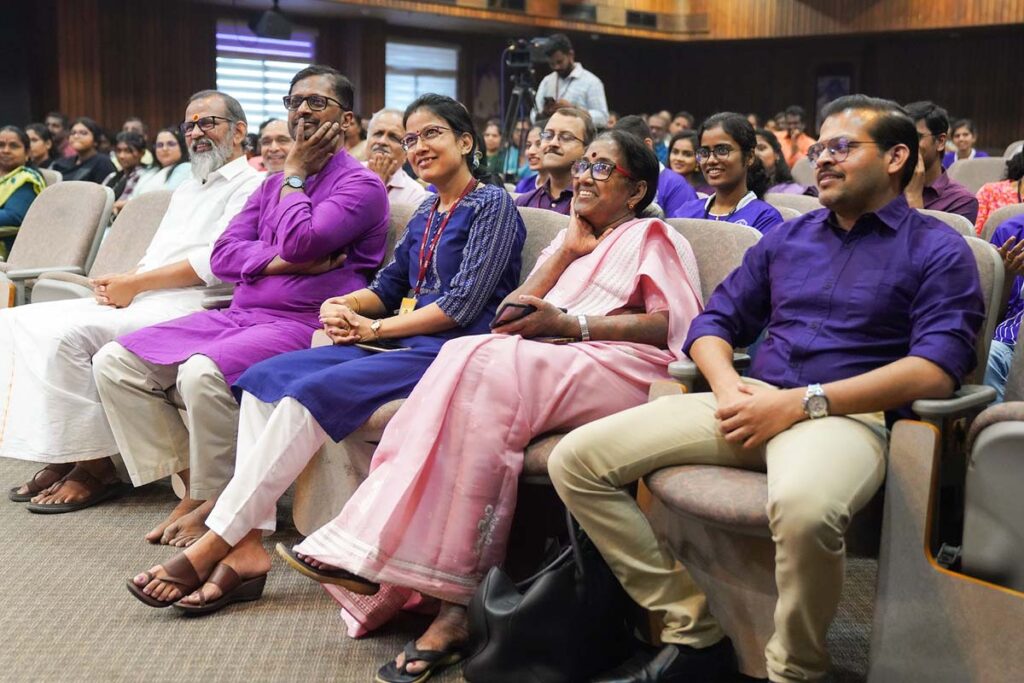
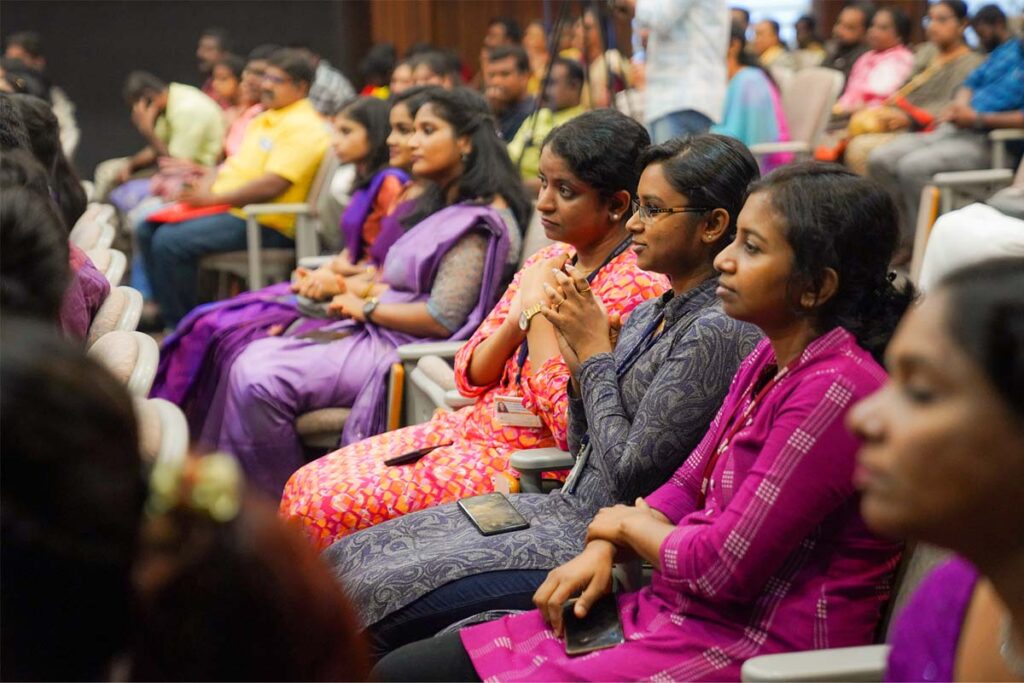
Amrita Hospital focuses on offering the most advanced quality healthcare at affordable prices. In fact, AACE has completed the maximum number of Stereo-EEG procedures while still maintaining the lowest cost in India. Alongside standard tests such as EEG and MRI, AACE employs cutting-edge technologies like advanced PET imaging, routine SPECT scanning, and Functional MRI to provide outcomes of the surgeries.
“According to the World Health Organisation (WHO), approximately 50 million people worldwide are affected by epilepsy, with a significant concentration in India where 10 to 12 million people suffer from the illness. About one-third of these people could be cured or benefit from surgery. Despite its prevalence, a substantial treatment gap exists, especially in low-resource settings like rural areas,” explained Dr Gopinath.
“Epilepsy remains a complex neurological disorder with diverse clinical manifestations and underlying causes, necessitating a multidisciplinary approach involving neurologists, epileptologists, neurosurgeons, and other healthcare professionals for accurate diagnosis, personalised treatment, and holistic management. Raising awareness, initiating research, and providing comprehensive care are crucial steps towards improving the lives of those affected by epilepsy.”
The celebration included a patient meet-up, providing a platform for individuals to share their experiences in five different languages—Malayalam, Tamil, Gujarati, Hindi, and English. Furthermore, three days of complimentary epilepsy consultation services were offered, reaffirming AACE’s commitment to serving those in need.
To raise awareness and educate the community at large, the Department of Neurology launched a telefilm dedicated to epilepsy awareness, shedding light on various aspects of the condition.


